
United States Brent Oil Fund, LP (BNO)

Natural Gas and Oil Forecast: Rising Channels and Geopolitical Tensions Shape Prices
Geopolitical tensions and supply risks push oil higher while Natural Gas holds a rising channel. Key resistance tests signal major moves ahead.

Oil Edges Down After Recent Gains; Ukraine Tensions, Fed in Focus
Oil ticked down in Asia after settling higher overnight, but stays on track for a weekly gain.
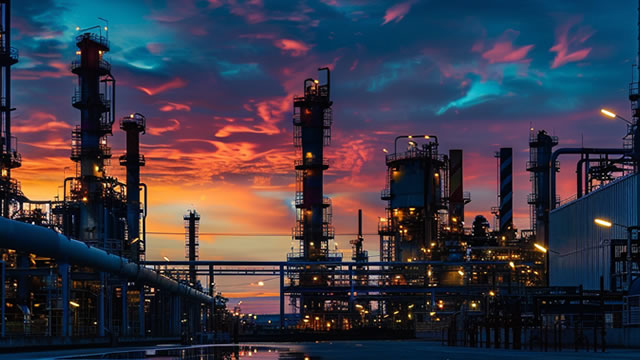
Oil prices head for 2% weekly gain as Fed hopes boost market, Venezuela tensions loom
WTI oil prices were heading for weekly gains of close to 2% in early trading on Friday, supported by an expected Federal Reserve interest rate cut, escalating U.S.-Venezuela tensions and stalled peace talks in Moscow.

What oil traders say matters about any U.S. push for regime change in Venezuela
President Donald Trump has blamed drug trafficking for the deadly U.S. strikes on boats in the Caribbean Sea and his threats to force the resignation of Venezuela's President Nicolás Maduro, but crude oil is almost certainly playing a part too.
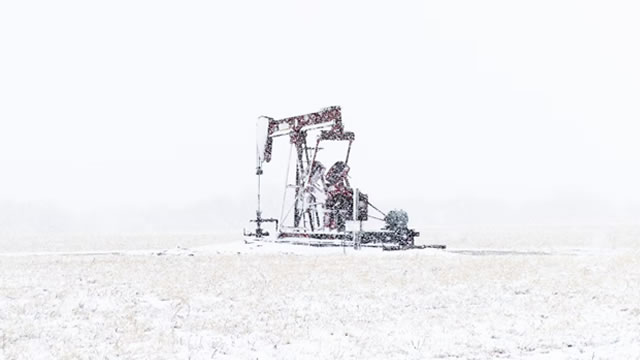
OPEC oil output slips in November despite agreed hike, survey finds
OPEC's oil output edged lower in November, despite an OPEC+ agreement to raise production for the month, due to outages in some members, a Reuters survey found on Thursday, bringing supply from the group further below its target.
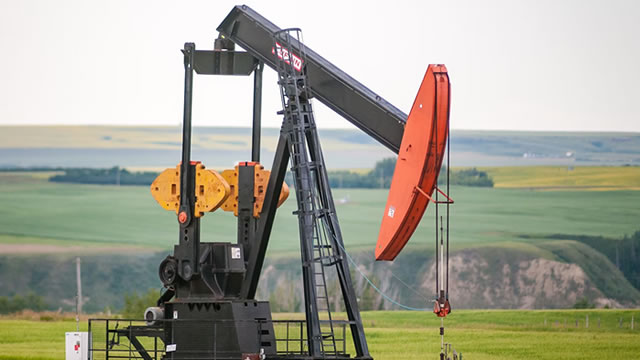
Strategist who nailed stocks, bonds and oil this year warns of ‘optimism shakeout' in early 2026
Look for more AI adoption to help broaden the stock market next year, but overly optimistic sentiment may need a reset early on, says strategist Warren Pies.
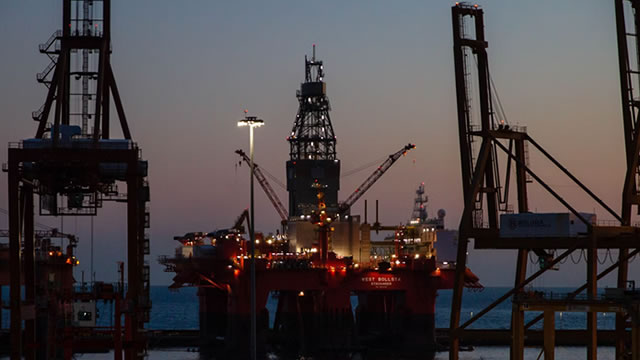
Natural Gas and Oil Forecast: Bullish Trend Extends but Resistance Zones Test Buyer Strength
Geopolitical tensions and rising channels support natural gas and oil, but resistance zones and oversupply risks keep prices capped in the near term.
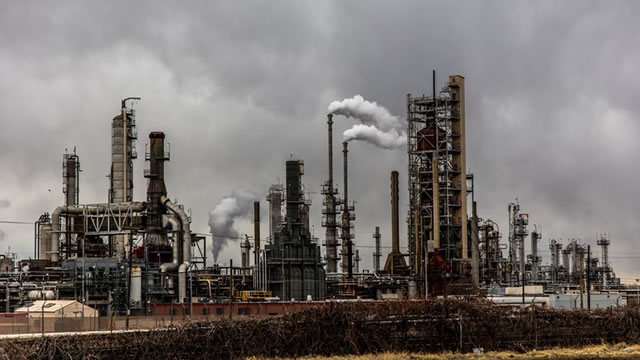
Oil Rises as Geopolitical Frictions Raise Supply Risk
Oil rose in Asia morning trade as markets stayed focused on geopolitical tensions.
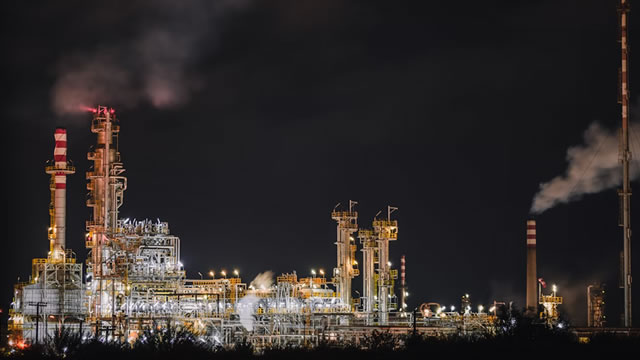
Oil prices firm after Ukrainian strikes on Russian oil infrastructure, stalled peace talks
Oil prices moved slightly higher on Thursday after Ukrainian attacks on Russia's oil infrastructure signalled potential supply constraints, and stalled peace talks tempered expectations of a deal restoring Russian oil flows to global markets, though weak fundamentals kept gains limited.
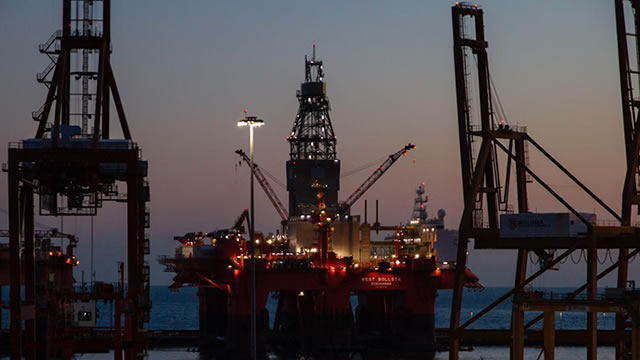
Why oil producers are adding to the global supply glut despite low crude prices
The major oil producers known as OPEC+ unwound previous output cuts faster than expected this year — increasing quotas at a time when global oil prices have dropped around 16% year to date.
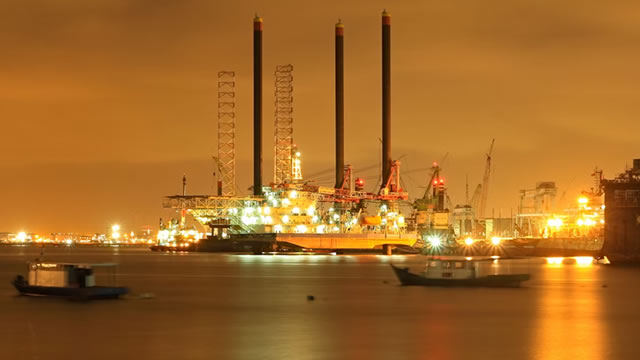
He was Russia's richest man and spent ten years in the gulag. Mikhail Khodorkovsky on Ukraine, Putin and failed talks to merge with a U.S. oil giant
In an exclusive interview, Mikhail Khodorkovsky says Vladimir Putin has abandoned his previous pragmatism — and reveals the U.S. oil company he nearly merged Yukos with.

Natural Gas and Oil Forecast: Crude Finds Support as Traders Weigh Geopolitical Strains
Crude oil steadies as traders weigh geopolitical risks and rising inventories, while natural gas holds support within a broader uptrend.







